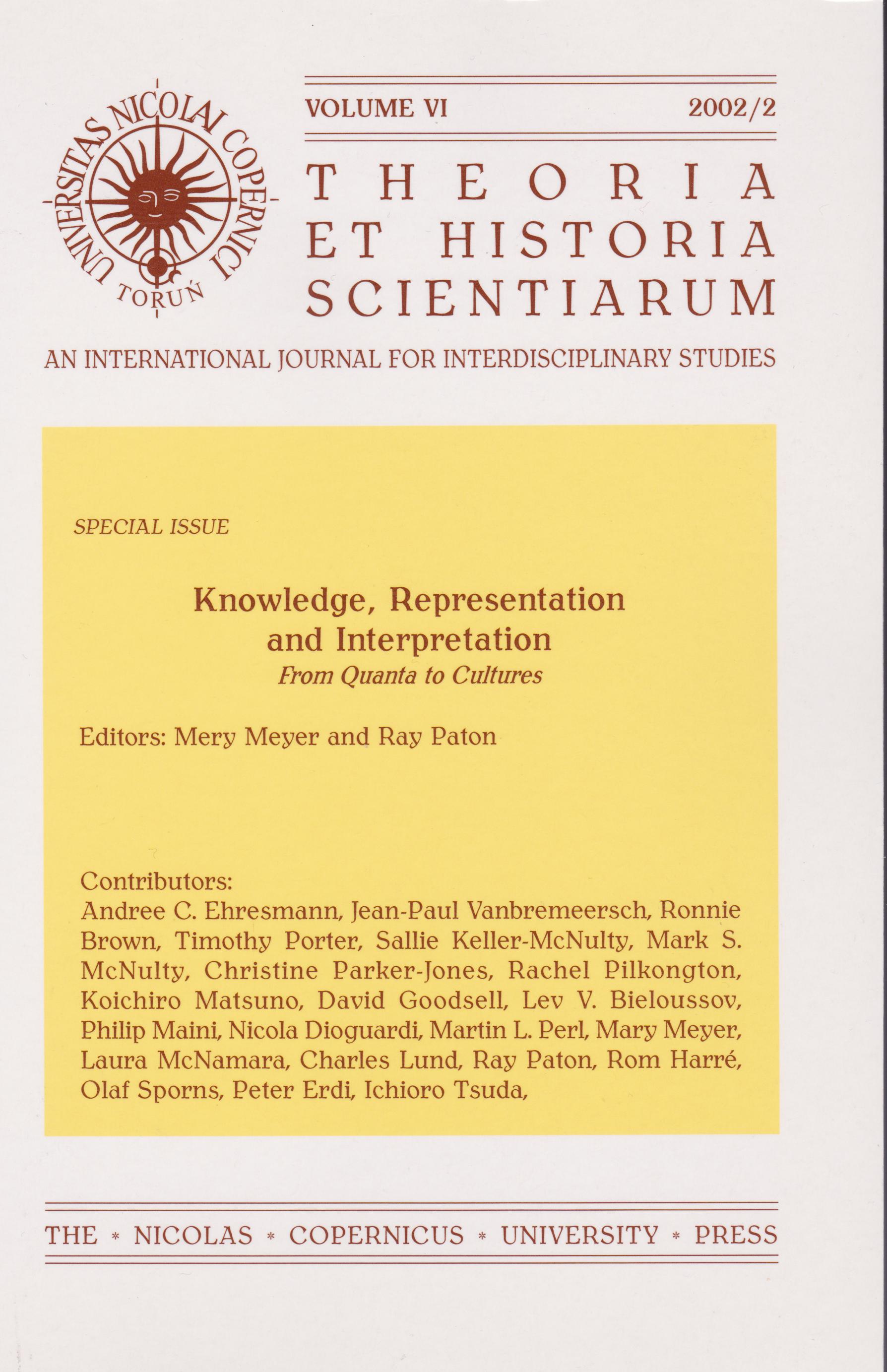Can Concept Maps Support Medical Students Learning From Simulation?
DOI:
https://doi.org/10.12775/ths.2002.024Keywords
medicine, critical thinking, medical students, Concept Maps, mental modelsAbstract
Medical students need to acquire critical thinking skills to support diagnostic reasoning. Simulations can be particularly useful in providing a meaningful context in which students can both acquire conceptual models of complex systems and practise diagnostic reasoning. However, engagement with simulations can be shallow and their foil potential for learning may not be realised unless students are supported with appropriate active tasks and scenarios. This paper examines the use of Concept Maps as an aid to learning whilst interacting with a simulation of calcium metabolism. The paper reviews the ways in which Concept Maps might plausibly assist students engaged in the problem-solving and planning activities associated with diagnosis and treatment of calcium imbalance. A study is reported which indicates that Concept Maps can be an aid to learning both alongside the use of simulation and in their own right. Concept Maps also provide useful insights into the completeness and consistency of students’ mental models following interaction with a simulation model.References
Ausubel, D. P. (1968). Educational Psychology: A cognitive view. New York, NY: Holt, Rinehart and Winston.
Ausubel, D. P, Novak, J. D., & Hanesian, H. (1978). Educational psychology: A cognitive view. New York: Rinehart and Winston.
Brown, A. L., & Palincsar, A. S. (1989). Guided, Cooperative Learning and Individual knowledge Acquistion. In L. B. Resnick (Ed.), Knowing learning and Instruction: Essays in honor of Robert Glazer. (pp. 393-449). Lawrence Erlbaum Associates: Hillsdale, N.J.
Cox, R., & Bma, P. (1995). Supporting the use of external representations in problem solving. Journal of Artificial Intelligence in Education. 6 (2/3), 239-302.
Derry, S. J. (1990). Flexible cognitive tools for problem solving instruction. In Anonymous. Bosten, MA: Annual meeting of the American Educational Research Association,
Gaines, B. R. and Shaw, M. L. G. (1995). Concept maps as hypermedia components. Int.J.Man-machine Studies 43131:323-361.
Glynn, S. (1997). Drawing Mental Models. The Science Teacher. Jan 97, 30-33 Heinze-Fry, J. A., & Novak, J. D. (1990). Concept Mapping brings long-term moverment towards meaningful learning. Science Education. 74 No 4. 461-472.
Johannsen, G., Rijnsdorp, J. E., & Sage, A. P. (1983). Human System Interface Concerns in Support System Design. Automatica. 19 No 6. 595-603.
Jonassen, D. H. & Marra, R. M. (1994). Concept mapping and other formalisms as Mindtools for representing knowledge. ALT - J. 2 No 1:50-56.
McAleese, R. (1994). A theoretical view on Concept Mapping. Association for Learning Technology Journal, 2 No 1. 38-48.
Novak, J. D., Gowin, D. B., & Johansen, G. T. (1983). The use of Concept Mapping and knowledge vee mapping with junior high school science students. Science Education, 67 No 5. 625-645.
Novak, J. D., & Gowin, D.B. (1984). Learning how to leam. New York: Cambridge University Press.
Paton, R. C. (1996). On an apparently simple modelling problem in biology. International Journal of Science Education. 18 (1), 55-64.
Stewart, J., Van Kirk, J. & Powell, R. M. (1979). Concept Maps: A Tool for use in Biology Teaching. American Biology Teacher 41.171-175
Stuart, H. A. (1985). Should Concept Maps be scored numerically? European Journal of Science Education. 7 No 1. 73-81.
Stuart, H. A. (1983). Studies in cognitive structure; Critique of assessments and representation techniques used by science education researchers. Science Ediucation Vol. 63, 395-405.
Suthers, D. D. (1999). Representational bias as guidance for learning interactions: a research agenda. In S. P. Lajoie & M. Vivet (Eds.), Artificial Intelligence in Education: Proceedings of the 9th International Conference on Aritificial Intelligence in Education. Le Mans, France, July 1999.
Amsterdam: IOS Press, pp. 121-128.
Wallace, J. D., & Mintzes, J. J. (1990). The Concept Map as a research tool: Exploring conceptual change in biology. Journal of Research in Science Teaching. 27 No 11. 1033-1052.
West, L. H. T., Fensham, P. J. & Garrard J. (1982). Final report: Describing the cognitive structure of undergraduate chemistry students. Monash University, Australia.
Downloads
Published
How to Cite
Issue
Section
Stats
Number of views and downloads: 549
Number of citations: 0



